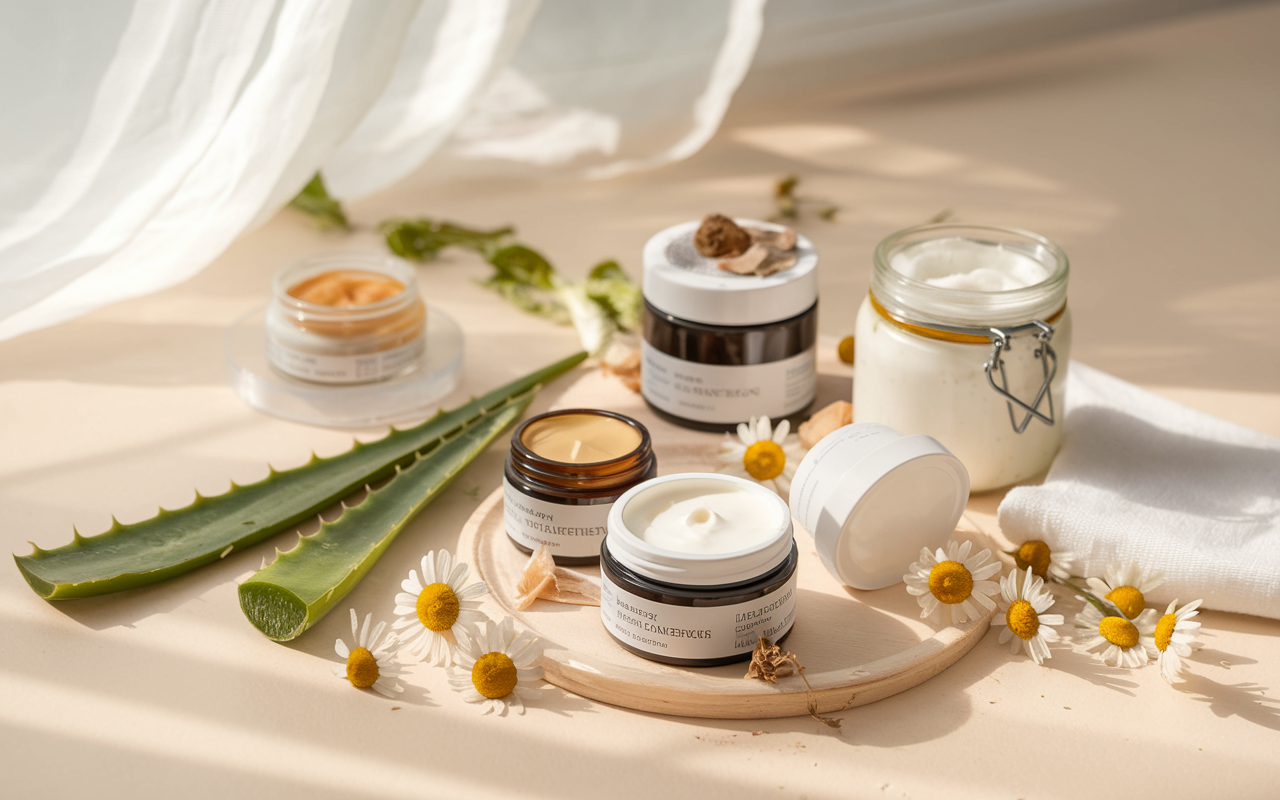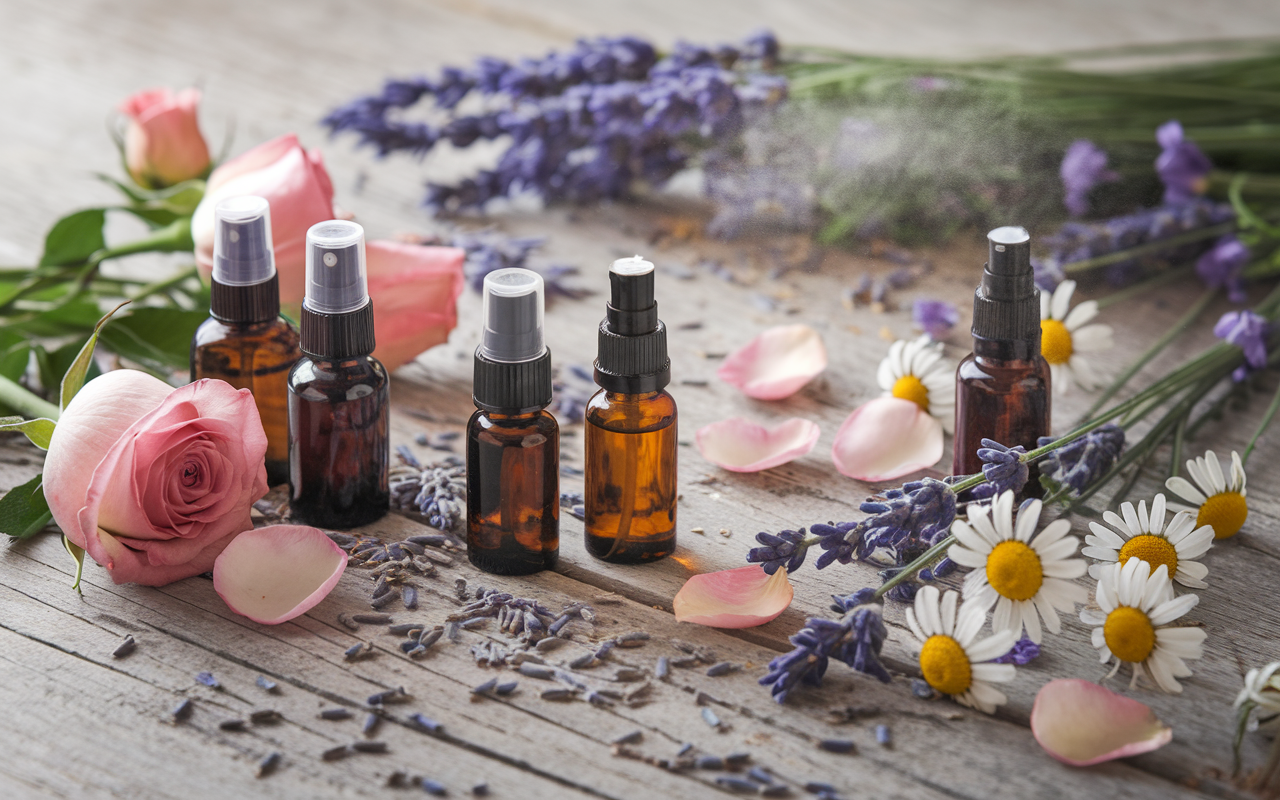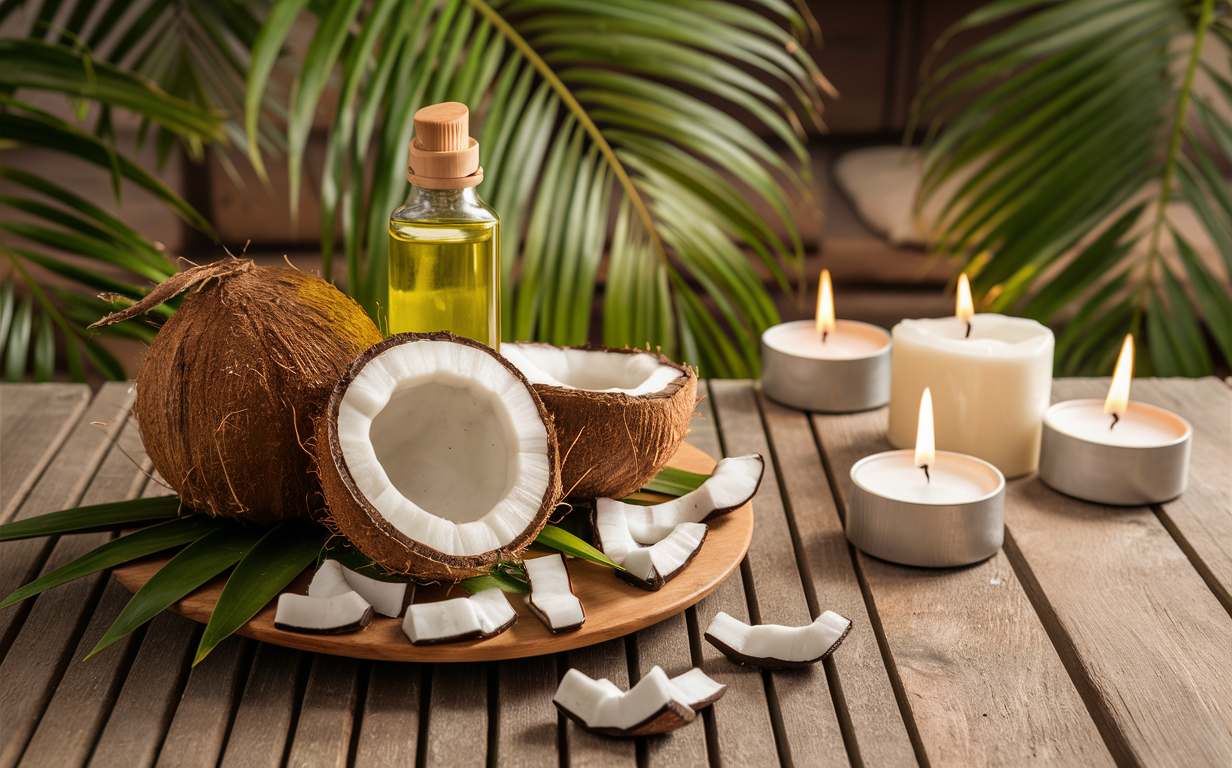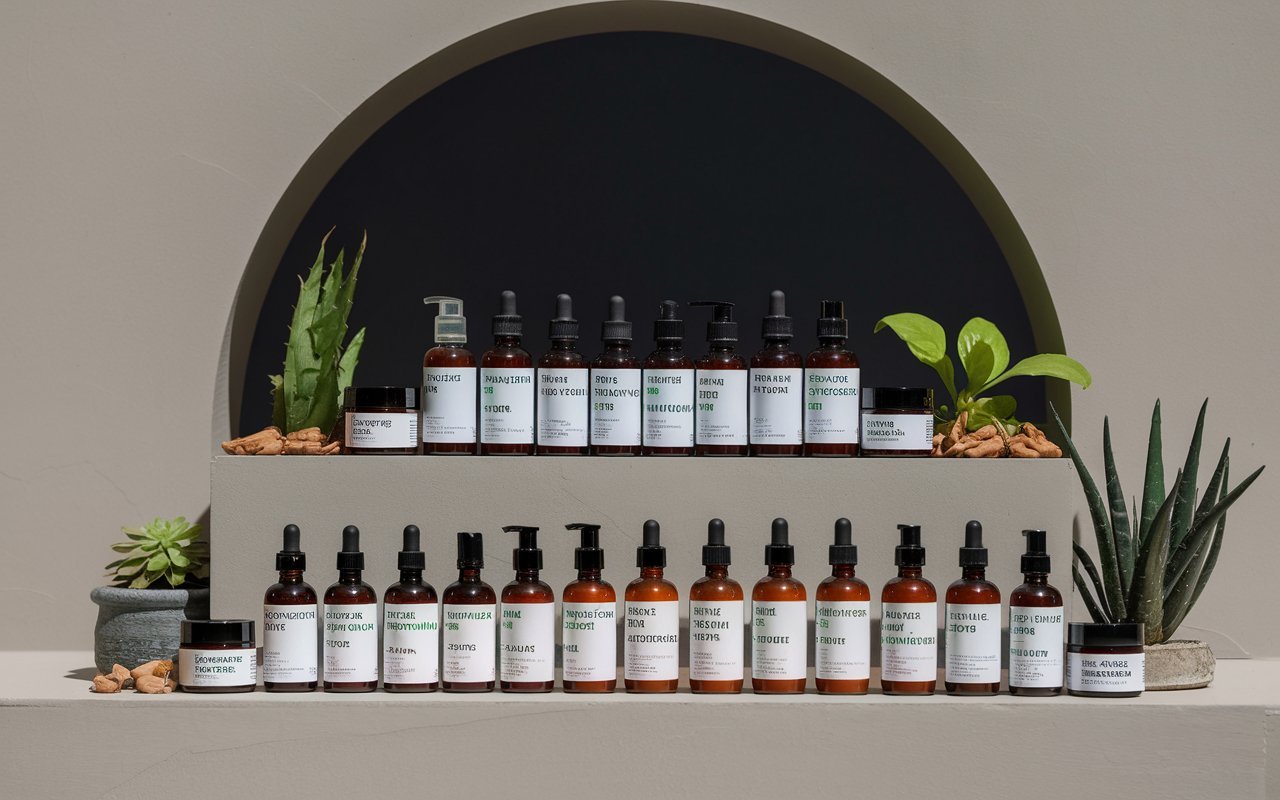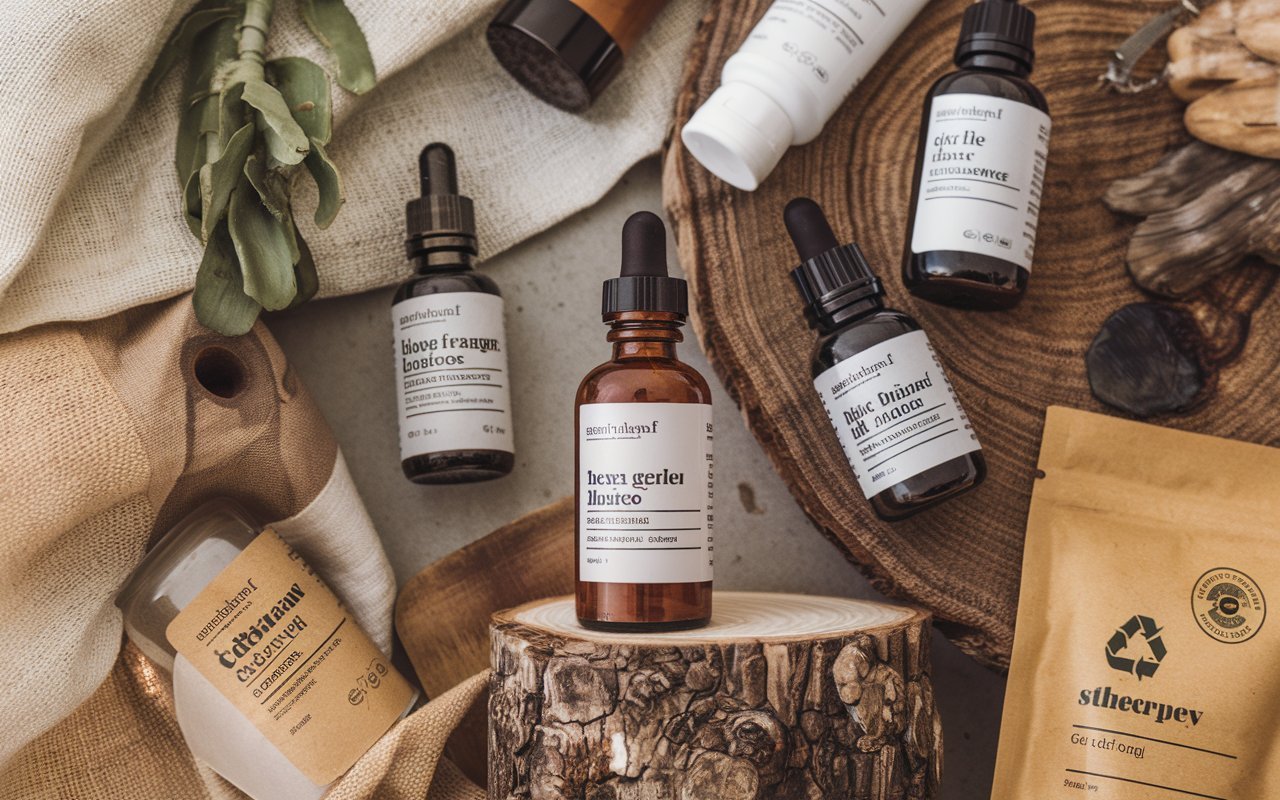
Introduction
Imagine this: you’re standing in the skincare aisle, trying to choose a product that will pamper your skin, heal it, and bring out your natural glow. But as you hold up one cream after another, the words on the labels blur into confusion. “All-natural,” “clean,” “eco-friendly”—which ones actually mean you’re buying a product that cares for your skin in a real, wholesome way? Welcome to the world of organic skin care, where understanding what’s written on those bottles can make all the difference.
Why Reading Labels on Organic Skin Care Products Is Crucial
Your skin is your body’s largest organ, absorbing up to 60% of what you apply to it. Think about that for a moment. Every cream, serum, or cleanser you use has a direct line into your system. That’s why the demand for organic skin care has exploded in recent years. More people are realizing the potential dangers of harsh, synthetic chemicals and are looking for better alternatives. But with that growing interest comes a minefield of misleading claims.
The cosmetic industry can be sneaky. Companies are aware of the rising consumer awareness around organic skin care, and many try to capitalize on it without putting in the genuine effort. Reading labels isn’t just a skill—it’s an act of self-care and self-preservation.
What Does “Organic” Truly Mean in Skin Care?
Defining Organic in Skin Care
To understand organic skin care, we first need to define what “organic” really means. In a nutshell, organic refers to ingredients grown without synthetic pesticides, herbicides, or genetically modified organisms (GMOs). It’s all about cultivating ingredients in the most natural, environmentally friendly way possible.
But here’s where it gets tricky: just because a product has the word “organic” on its packaging doesn’t mean the entire formulation is pure. Companies can get away with labeling products as organic even if only a small percentage of their ingredients meet organic standards.
The Difference Between Natural and Organic Skin Care
Although the terms “natural” and “organic” are frequently used interchangeably, they are not the same. Natural products contain ingredients derived from nature. However, these ingredients might still be processed or treated with synthetic chemicals. Organic skin care takes things a step further, emphasizing purity and minimal processing.
Picture it like this: natural might mean a fruit that’s been chemically treated, while organic is that same fruit grown in a rich, pesticide-free environment. There is a huge difference in safety and quality.
The Marketing Tricks Companies Use
Misleading Labels: Words That Deceive
Imagine picking up a moisturizer labeled as “all-natural.” It sounds appealing, right? But this term is completely unregulated. It could mean anything, from an entirely plant-based formula to a cream containing harmful preservatives. The reality is, cosmetic companies use these buzzwords to make us feel good about buying their products, even when those products are far from safe.
The label “organic” can be similarly deceptive. In some regions, there’s no legal requirement for how much of a product must be organic to earn that label. A lotion might contain one organic ingredient, while the rest of its formula is filled with chemicals. This is why you must know how to identify genuine organic skin care products.
Key Certifications to Identify True Organic Skin Care
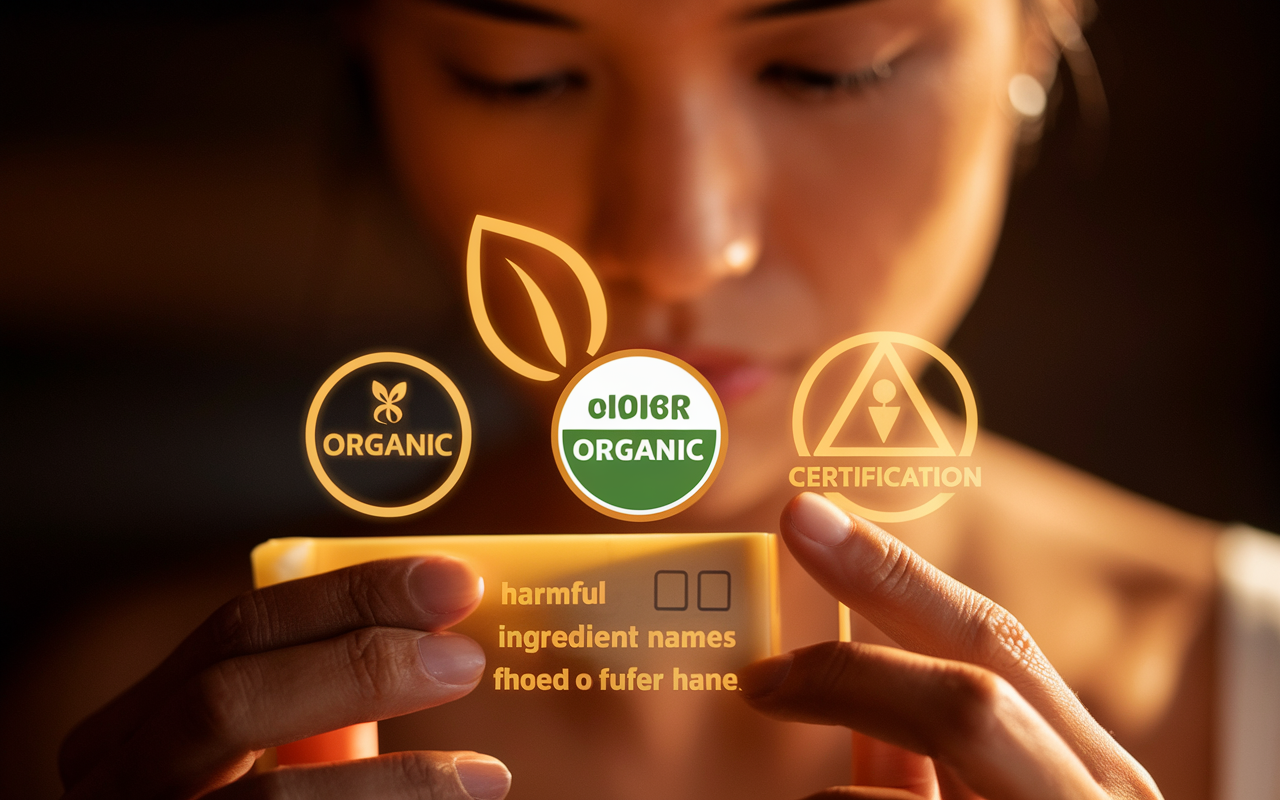
USDA Organic: The Gold Standard
When you see a USDA Organic seal, you can breathe a sigh of relief. This certification ensures that 95% or more of the product’s ingredients are organic. The remaining 5% must come from an approved list, which excludes most synthetic additives. The USDA’s standards are strict, and companies that meet them have passed rigorous testing.
Other Certifications to Look For
- COSMOS and Ecocert: These certifications are common in Europe and ensure a product meets high standards for organic and natural cosmetics. With COSMOS, at least 20% of the total ingredients must be organic for products that are rinse-off and at least 10% for leave-on products.
- Soil Association: This UK-based certifier focuses on environmentally friendly and health-conscious ingredients, ensuring a high level of scrutiny for every product.
Understanding these certifications can save you from buying misleading products. When it comes to organic skin care, these seals are your safety net, assuring you that what you’re using is genuinely beneficial for your skin.
The Lack of Regulation and Its Consequences
The cosmetics industry isn’t as tightly regulated as it should be. This lack of oversight allows companies to throw around terms like “eco-friendly” and “organic” without meeting any meaningful standards. This can be dangerous, especially for those of us who have sensitive or reactive skin.
Why Companies Can Get Away With It
The sad truth is that loopholes abound. A brand could use an organic essential oil in a formula packed with synthetic ingredients and still market it as “organic.” It’s up to consumers like you to do the digging, which is unfair but necessary. That’s why understanding organic skin care labels is an empowering skill that keeps you safe.
Reading Labels Like a Pro: Ingredients Matter
Ingredients to Avoid at All Costs
Even if a product claims to be organic, its full list of ingredients can tell a different story. Here are a few things to be aware of:
- Parabens: These preservatives are linked to hormone disruption and can cause skin irritation.
- Phthalates: Often found in fragrances, phthalates have been shown to interfere with the endocrine system.
- Sulfates: These foaming agents can strip your skin of its natural oils, causing dryness and irritation.
The list is endless, but these are major red flags. When it comes to organic skin care, purity is everything.
The Dirty Dozen in Skin Care
The Environmental Working Group (EWG) has identified a list of harmful ingredients known as the “Dirty Dozen.” It includes synthetic fragrances, formaldehyde releasers, and triclosan. Familiarize yourself with this list. It will make shopping for organic skin care much simpler.
What Ingredients Should Be in Organic Skin Care?
Nature’s Best for Your Skin
Organic products often contain a treasure trove of natural goodness. Ingredients like aloe vera, chamomile, and shea butter aren’t just soothing—they’re packed with nutrients that nourish your skin from within. All skin types benefit from the deep hydration that plant-based oils like jojoba, rosehip, and argan provide without clogging pores.
Imagine the feeling of applying a face cream infused with organic rose water. The scent alone can lift your spirits, but knowing it’s free of synthetic chemicals gives you peace of mind. That is the beauty of organic skin care.
How to Identify a Genuinely Organic Skin Care Product
Focus on the Ingredient List
The first five ingredients on any product label are the most important. They make up the bulk of the formula, so if an organic component isn’t listed here, you’re not getting much of it. For true organic skin care, the ingredients you want—like botanical extracts and organic oils—should appear right at the top.
Be Wary of Long Ingredient Lists
If a product’s ingredient list reads like a science experiment, it’s time to put it back on the shelf. Simplicity is often a hallmark of high-quality, organic skin care. Remember, you shouldn’t need a chemistry degree to understand what you’re putting on your face.
Practical Tips for Finding Authentic Organic Skin Care
Do Your Homework
Before purchasing a product, take a few minutes to research it. Use resources like the Environmental Working Group’s Skin Deep database or apps like Think Dirty. These tools rate products based on their ingredients, helping you make informed choices.
Use Mobile Apps to Your Advantage
Apps like EWG’s Skin Deep and Think Dirty make checking products a breeze. You can scan barcodes and get instant information about how safe and organic a product really is. It’s similar to carrying around a skincare specialist.
Real-Life Transformations through Organic Skin Care
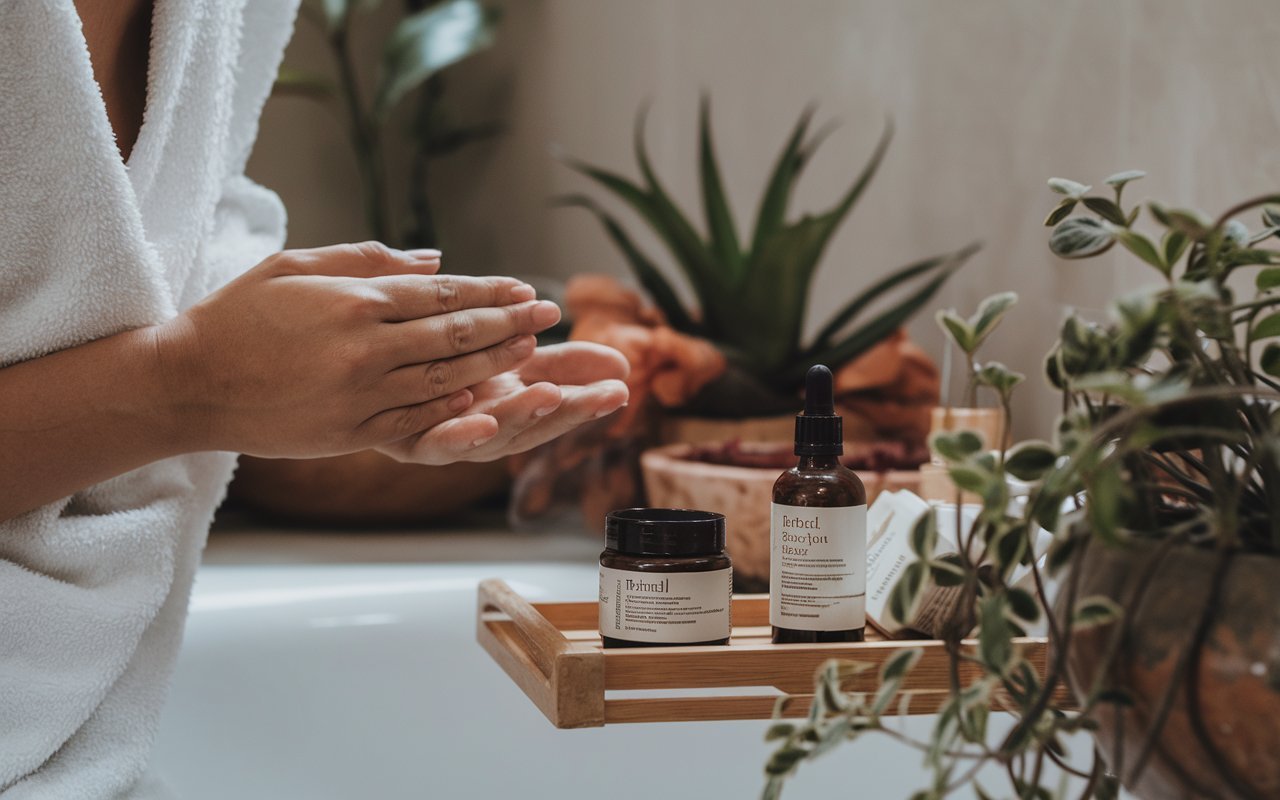
Stories That Inspire Change
Many people have switched to organic skin care after suffering from years of breakouts, rashes, or chronic skin conditions. The results? Skin that’s calmer, clearer, and more radiant than ever. These aren’t just isolated cases; they’re testimonies to the power of going organic.
One woman shared how her cystic acne disappeared after switching to a fully organic regimen. Another person found relief from eczema by eliminating harsh, synthetic creams in favor of gentle, plant-based products. These stories are proof that organic skin care isn’t just a trend—it’s a revolution in how we treat our skin.
The Emotional Impact of Choosing Organic
Self-Care Through Organic Choices
Choosing organic products isn’t just about vanity. It’s an act of self-respect and self-love. You’re making a statement: My health and well-being matter. When you invest in organic skin care, you’re prioritizing long-term health over short-term beauty fixes. And that’s powerful.
The Journey of Embracing Organic Skin Care
Choosing organic skin care is a journey, one that starts with education and grows into a lifestyle of mindfulness and care. It’s about listening to your body, feeling the difference that organic ingredients make, and relishing the natural radiance they reveal. You deserve to feel good about what you put on your skin, knowing that each ingredient is there to enhance your well-being, not compromise it.
Remember, it’s okay to feel overwhelmed at the beginning. Switching to organic skin care doesn’t mean you have to throw away everything you own. It’s about making gradual, thoughtful choices that resonate with your values and suit your skin’s needs. Maybe start with an organic face wash or moisturizer, and notice how your skin responds. Once you see the benefits, you’ll be more motivated to continue this nourishing routine.
The Environmental Impact of Organic Skin Care
Beyond personal benefits, the choice to go organic affects the world around us. Conventional farming methods, which are often used for non-organic skincare ingredients, heavily rely on pesticides and fertilizers that harm the environment. They deplete the soil, poison water sources, and contribute to climate change. In contrast, organic farming enriches the soil, uses less energy, and preserves biodiversity.
When you buy organic skin care products, you’re supporting a more sustainable ecosystem. You’re voting for clean rivers, lush forests, and a healthier planet for future generations. It’s a powerful reminder that our skincare choices extend far beyond our bathroom shelves.
The Next Step Toward a Healthier Routine
So, what’s stopping you from embracing organic skin care today? Maybe it’s the fear of change or the idea that organic products are less effective. But that could not be further from the truth. Organic formulations have come a long way, powered by cutting-edge research and centuries-old wisdom. They’re rich in antioxidants, vitamins, and minerals that your skin craves.
Think of your skincare routine as a ritual of love. Each time you cleanse, exfoliate, or moisturize, you’re engaging in an act of deep care for yourself. When you use organic skin care products, you know that every drop is filled with intention, purity, and love for both your skin and the earth.
Conclusion
Reading labels and understanding what’s inside your skincare products may seem daunting at first, but it’s a journey well worth embarking on. Knowledge is power, and with every new fact you learn about organic skin care, you’re equipping yourself to make healthier, more conscious choices. Imagine the peace of mind that comes with knowing exactly what you’re putting on your skin, and the joy of feeling truly connected to nature’s purest gifts.
Choosing organic skin care is more than a passing trend or luxury; it’s a heartfelt commitment to yourself and to the world around you. When you prioritize organic options, you’re nurturing your body with safe, nourishing ingredients while making a bold statement for sustainability. Every choice you make sends a message to the beauty industry, urging it to embrace cleaner, more ethical practices. It’s a ripple effect—your small, mindful decisions have the potential to inspire a movement toward greater transparency and environmental responsibility.
Think of this as an act of love. By opting for organic skin care, you’re showing deep respect for the miracle that is your skin and for the earth that sustains us all. You’re making a choice to live in harmony with nature, to cherish the planet’s precious resources, and to honor your own health. Each product you select becomes a meaningful part of your daily routine—a ritual that speaks of self-care and ecological consciousness.
Ultimately, organic skin care is about more than just beauty. It’s about aligning your values with your actions, embracing a lifestyle that promotes well-being, and leaving a legacy of care and mindfulness for future generations. Your journey might start with reading labels, but it unfolds into something far greater: a lifelong commitment to thriving, glowing skin and a healthier, happier world.
Choose wisely. Choose with love. Choose organic skin care—because every choice matters, and so do you.
FAQs
Q: How can I tell if a product is actually organic?
A: Look for credible certifications like USDA Organic, COSMOS, or Soil Association. Check the ingredient list and avoid products with synthetic chemicals or ingredients you can’t pronounce.
Q: Are organic skin care products more expensive?
A: While they can be pricier, think of it as an investment in your health. Often, the cost reflects higher-quality products and environmentally friendly methods. Your skin will thank you over time .
Q: Do organic products expire faster?
A: Yes, because they lack synthetic preservatives. Always check expiration dates and store products in a cool, dry place to maximize their shelf life.
Q: Can sensitive skin benefit from organic products?
A: Absolutely! Organic products are often gentler and free from irritating chemicals. However, always patch-test new products to ensure they’re compatible with your skin.
Q: Is organic skin care better for the environment?
A: Yes, organic farming methods are more eco-friendly. By choosing organic, you’re reducing your carbon footprint and supporting sustainable agriculture.
Also Visit:
5 Eye-Opening Misconceptions About Organic Skin Care in 2024
